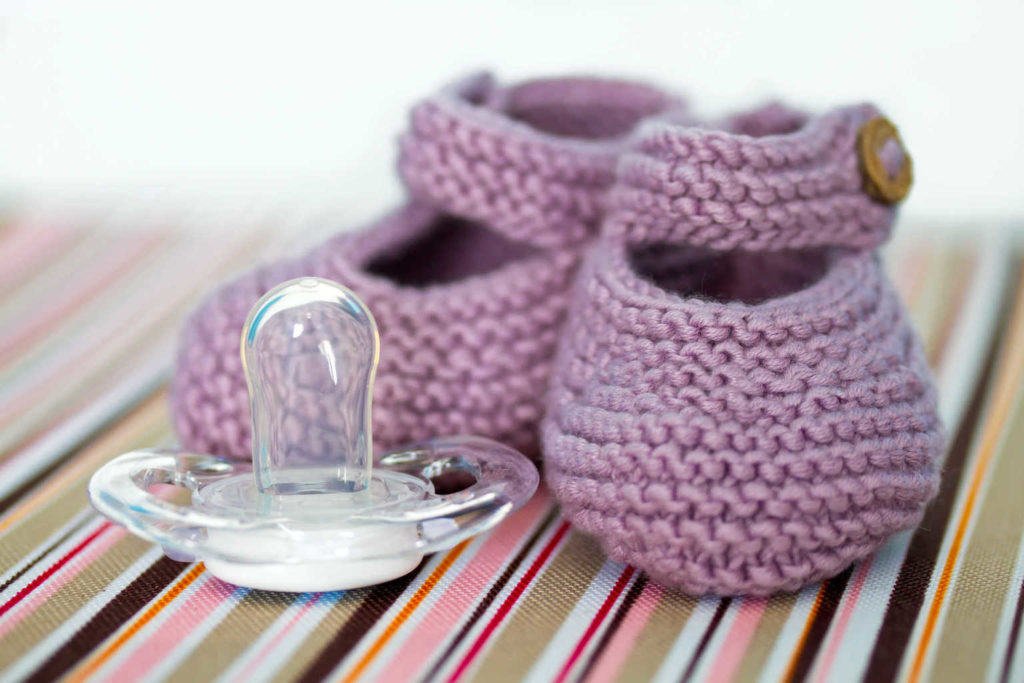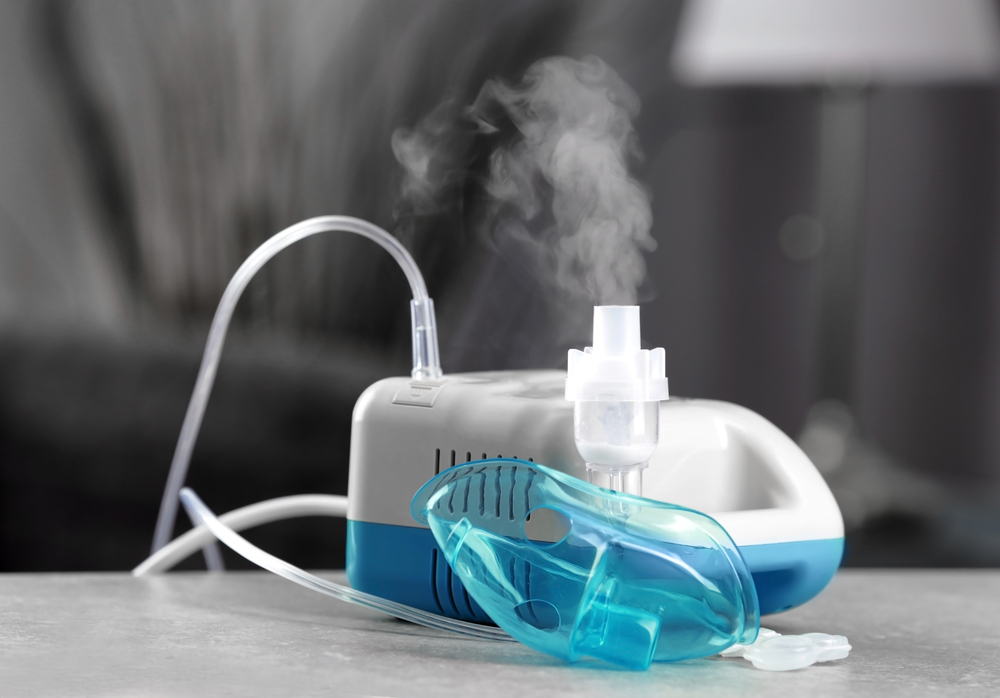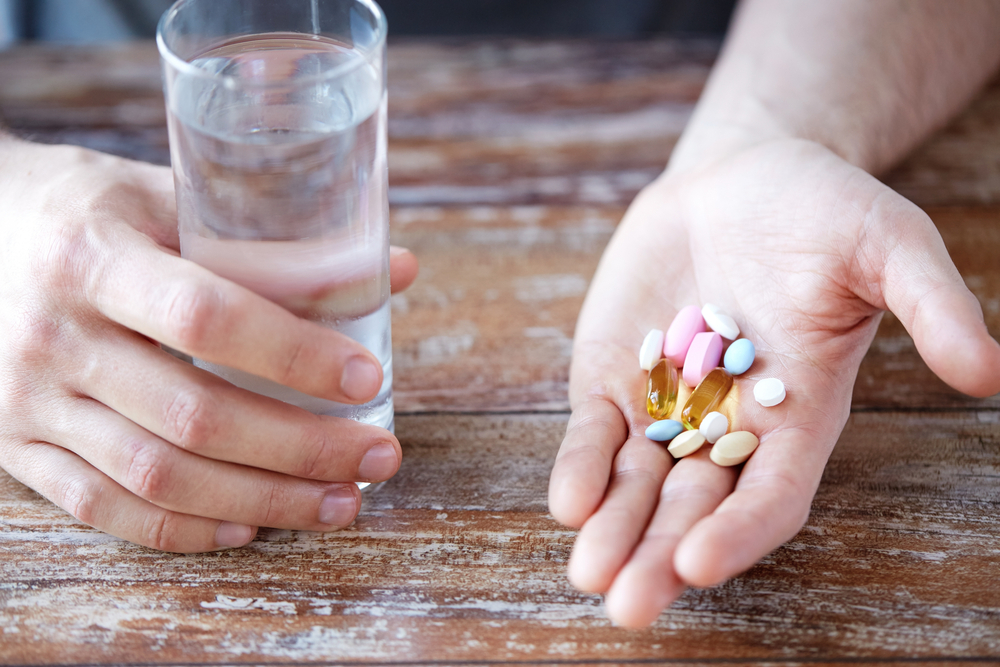Contents:
- Medical Video: How to speed up early labor 2017-4 ways to speed up early labor 2017-tips-warnings-advice-induce
- 1. Visit your doctor and do a genetic test
- 2. Find out when you ovulate
- 3. Having sex at the right time
- 4. Help your partner to have the best sperm
- How long does it take for me to get pregnant?
Medical Video: How to speed up early labor 2017-4 ways to speed up early labor 2017-tips-warnings-advice-induce
If you really hope to get pregnant soon, there are several ways you can do while trying to conception. Here are four things you can try so you don't have to wait too long to get a baby.
1. Visit your doctor and do a genetic test
You will get pregnant faster if your body is ready to accept pregnancy. To find out if you are in the right condition for pregnancy, and to find out what changes you need to make to help the pregnancy program, arrange a check-up schedule with your doctor or midwife before you try to get pregnant. You may not be able to immediately find or solve a health problem in one meeting, but by doing the initial examination as soon as possible, you can anticipate problems that might arise in your pregnancy program.
Depending on your ethnic background and family history, your doctor may advise you to do a genetic examination if you or your partner has serious congenital diseases such as cystic fibrosis, sickle cell disease, and others. This can be one of the most important things you can do to help ensure a baby's health, especially what is needed for genetic testing is only saliva or blood samples from you and your partner. Even this examination is usuallycover by health insurance.
2. Find out when you ovulate
The biggest secret to a faster pregnancy is knowing when you ovulate (the release of eggs from the parent egg). Suppose that the egg is the target and the sperm is the arrow. One of the arrows must be on target so you can get pregnant immediately.
Because you ovulate once in the menstrual cycle, there are only a few days where you are outside the cycle (when you ovulate) and that's when sexual intercourse can be more likely to lead to pregnancy. Knowing when you ovulate means you and your partner can identify when the arrow can be more precise about the target, rather than shooting arrows randomly and only hoping to hit the target because of luck.
If your menstrual cycle comes erratically, it will be more difficult to determine ovulation. Please ask your doctor about this.
3. Having sex at the right time
When you already know when your egg will be released by its parent (ovulation), you can plan to have sex during your fertile day, which is from three days before ovulation until the day of ovulation. Starting early is also okay. Some women manage to get pregnant after having sex at six days before ovulation.
You have plenty of time for effective sex, because sperm can last for three to six days in your body (even though your eggs only last for about one day). That means if you have sexual intercourse on Monday, sperm can survive in the fallopian tubes, wait for the egg to be released, until Thursday, or it can be no later than Sunday.
If you are not sure when your fertile period is, these are easier and more practical tips: do sexual intercourse every other day. By having sexual intercourse as often as this means you will always have healthy sperm waiting in your fallopian tubes every day, which is ready to act when your egg cells are released.
Other suggestions: If you and your partner wait for sexual intercourse only when you are in fertility, make sure your husband has ejaculated at least once on two days before your fertile period. If it does not ejaculate for too long, there will be many sperm that have died in the semen when you have entered the fertile period, and these dead sperm cannot make you pregnant.
4. Help your partner to have the best sperm
Sperms have a higher chance of fertilizing eggs when they are healthy, strong, and abundant. Some things that can help your partner to produce sperm ready for combat are:
- Reducing alcohol (research shows that daily alcohol consumption can reduce testosterone levels and sperm counts, and can increase abnormal sperm counts)
- Avoid tobacco and drugs (this can weaken sperm function)
- Consume sufficient basic nutrients, such as zinc, folic acid, calcium, and vitamins C and D, which can help create sperm that is abundant, strong, and active.
- Avoid hot baths, saunas, and jacuzzis, because heat can kill sperm (the best function of the testicles is at temperatures of 34 to 35.5 degrees Celsius, a few degrees cooler than normal body temperature).
The sooner you and your partner make changes, the better the impact because sperm need time to develop. Changes that you and your partner are doing now will produce better sperm about three months later.
How long does it take for me to get pregnant?
Statistics show that 6 out of 10 couples who try to conceive naturally will get a pregnancy in the first three months. Of course this is if you and your partner are healthy and don't have fertility problems.
After three months, how long should you try before asking for help from a fertility specialist depending on your age. With increasing age, your fertility will decrease. So if you are over 40 years old, immediately consult with experts. If you are around 35 to 40 years old, discuss it with your fertility doctor after you try to get pregnant for 6 months and still not give any results. And if you are under 35, you can still try to get pregnant naturally for a year before consulting a doctor.
Of course, if you have concerns about fertility problems in yourself or your partner, please arrange an agreement with your doctor. There is no reason to postpone it.












